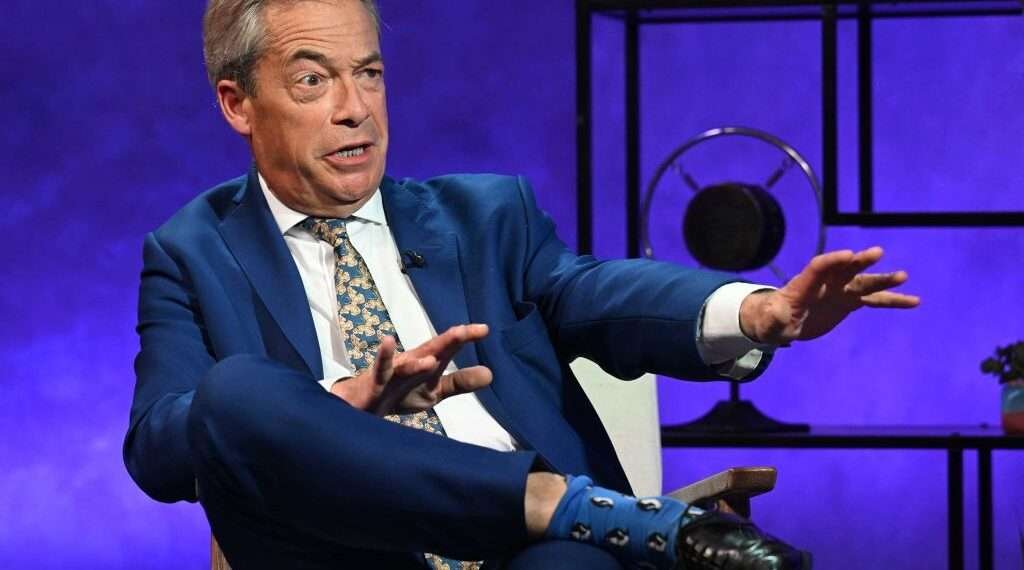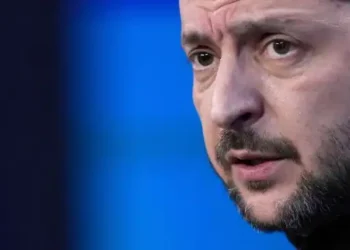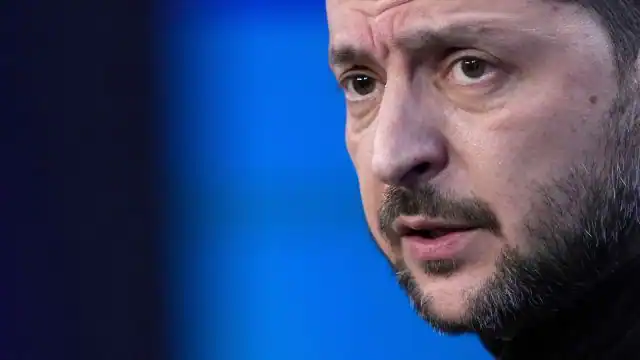Nigel Farage’s latest economic pitch, featuring sweeping tax cuts and financial pledges, is under heavy scrutiny after the Institute for Fiscal Studies (IFS) questioned the financial credibility of the Reform UK leader’s promises.
Speaking on Tuesday, Farage unveiled a series of proposed policies, including raising the income tax threshold from £12,500 to £20,000, abolishing the two-child benefit cap, and reinstating full winter fuel payments for pensioners. He declared Reform UK as the “true party of workers.”
However, within hours, Britain’s top economic think tank issued a sharp rebuke, warning that the proposed reforms would cost the Treasury “tens of billions of pounds”—and noting that Farage had failed to outline precisely how these pledges would be financed.
Stuart Adam, a senior economist at the IFS, singled out the income tax threshold pledge as particularly costly.
“Those are all significant things, and they are high-profile new public announcements. But actually, they are all still dwarfed by some of the big policies that were in the manifesto last year, and today Nigel Farage recommitted to increasing the income tax allowance to £20,000, which depending on details might cost £50 billion, £60 billion, £70 billion, £80 billion.”
Stuart Adam
He emphasized the scale of the commitment compared to other policy ideas: “Relative to other policies where we might be talking £1 billion, £2 billion, £3 billion each … the big story is still those very big tax cuts and how they would ultimately be paid for.”
“As it stands, I don’t think they have really set out how they would pay for such big giveaways. Of course, they don’t have to do that yet, we’re not yet at a general election. But at some point, if they’re going to be a party of government, they would have to make those numbers add up.”
Stuart Adam
In response to concerns, Farage outlined his proposed savings strategy. He claimed that eliminating the net-zero agenda and reducing the costs associated with housing asylum seekers in hotels and similar accommodations could generate up to £50 billion in annual savings.

Farage Claims £350bn In Total Savings
He further asserted that cutting spending on quangos, or arms-length government bodies, could save an additional £7 billion per year. Cumulatively, Farage projected that these efforts would generate £350 billion over a full parliamentary term.
When challenged on the feasibility of his figures, the former Brexit campaigner responded, “You can argue about numbers adding up, you can probably argue that at no point in the history of any form of government has anybody ever thought the numbers added up.”
Farage maintained that his address was meant to convey priorities rather than present a finalized financial blueprint.
“We take a fresh approach to everything. I think what I’ve done today is to give you an idea of the direction of policy, of priorities, of what we think is important, what we think it is going to cost and how we think we’re going to pay for it.
“I don’t think anybody at this stage, with a general election some years away, could frankly do more than that. And I believe what I have presented today is credible.”
Nigel Farage
However, Farage’s assertions did little to quiet criticism from political opponents. Labour condemned the plans as “fantasy promises,” drawing comparisons to former Prime Minister Liz Truss’s short-lived tenure.
Labour chair Ellie Reeves warned of dire consequences.
“Those families don’t need to be told what the consequences would be of this nonsense. They live through it every month through the higher mortgages, higher rents, higher prices, and higher bills inflicted upon them by the last government.”
Ellie Reeves
Reeves added that Labour’s current governance is delivering tangible results, while “all Reform offer is a return to the chaos of Liz Truss.”
Economists at the IFS also noted that Tuesday’s announcements were smaller in scale compared to Reform UK’s “very radical” manifesto released last year, suggesting that Farage’s financial agenda may still contain deeper, costlier proposals.
READ ALSO: APC Leader Lauds Mahama’s Economic Reset, Pushes for Price Reduction



















